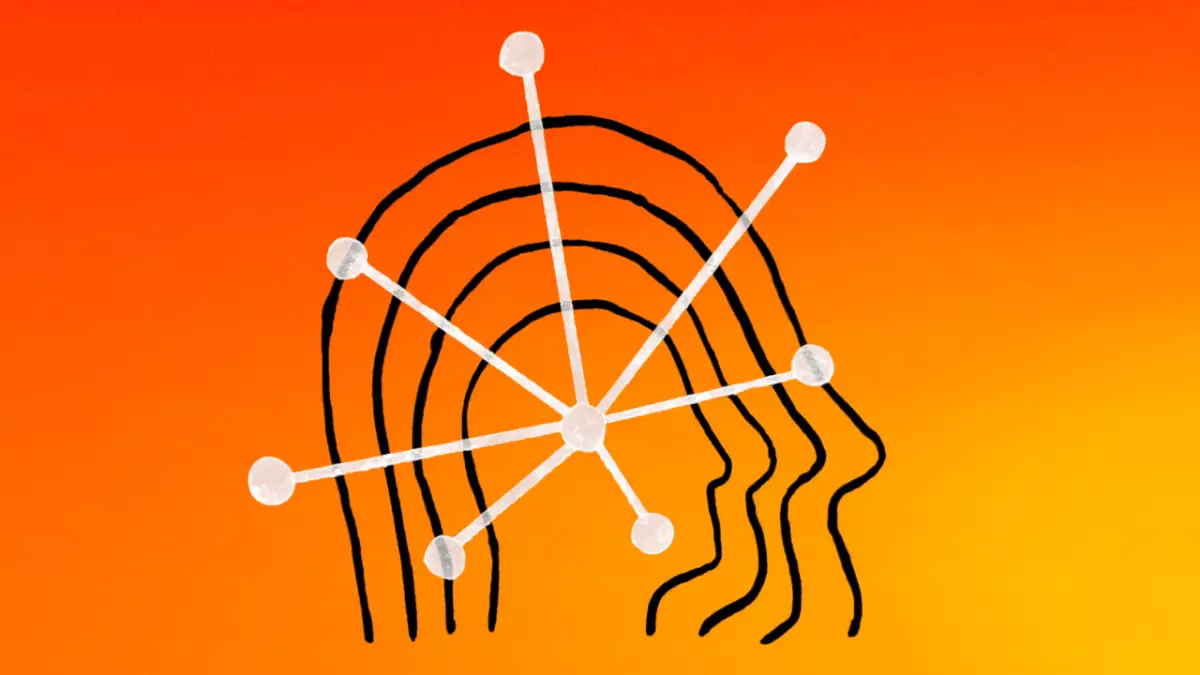In the rapidly evolving tech landscape, the tools developers choose can significantly shape their productivity and creativity. The recent introduction of two competing coding tools—Anthropic’s Claude Code and OpenAI’s Codex CLI—brings the balance of developer sentiment to the forefront. While both systems promise to enhance coding capabilities with AI-driven solutions, it seems that one is resonating more favorably with the developer community than the other.
The Philosophy Behind the Tools
The stark contrast between Claude Code and Codex CLI lies in their licensing and openness. OpenAI has embraced a more inclusive approach by releasing Codex CLI under the Apache 2.0 license. This decision not only allows for distribution and commercial use but also opens the door for developers to modify the code freely. Such freedom cultivates goodwill, allowing the community to feel a sense of ownership over the tool. On the other hand, Anthropic’s choice to keep Claude Code under a restrictive commercial license has led to feelings of resentment among developers who prize transparency and flexibility.
A Controversial Standoff
The situation escalated when Anthropic issued a takedown notice against a developer who reverse-engineered Claude Code, further restricting its accessibility. This move sparked outrage on social media, with many developers expressing their dissatisfaction and drawing unfavorable comparisons to OpenAI’s more collaborative stance with Codex CLI. A tool designed to empower developers should encourage them to innovate rather than stifle their creativity through legal intimidation.
The Power of Community-Driven Adaptation
OpenAI has not merely released Codex CLI; it has shown an exceptional willingness to listen and adapt based on community input. In less than a week after its release, the team behind Codex CLI incorporated numerous developer suggestions, demonstrating a commitment to co-creating a tool that meets the needs of its users. The addition of features enabling interaction with AI models from competitors—such as Anthropic itself—signals a level of inclusivity that resonates strongly within the developer community.
Challenges Ahead for Anthropic
While it’s essential to acknowledge that Claude Code is still in beta and may evolve in a more open direction, the current state of obfuscation and legal barriers hampers its potential. Developers remain skeptical, questioning the motives behind strict licensing and the visibility of the code. Anthropic’s unwillingness to engage constructively with the community stands in stark contrast to OpenAI’s progressive approach, which bodes ill for Claude Code’s acceptance.
A Shift Towards Openness
This rift in developer sentiment may exemplify a broader trend within the tech industry: the realization that open-source models generally encourage innovation and loyalty. Remarkably, OpenAI CEO Sam Altman recently acknowledged past missteps regarding open-source strategies, suggesting a possible pivot towards a more community-driven mentality.
As developers increasingly advocate for open and accessible tools, companies must reconcile profit motives with the collaborative spirit that fuels technological advancement. In an era where innovation thrives on shared knowledge, the long-term sustainability of tools like Claude Code may hinge on transparency and community engagement, forces that have already catapulted Codex CLI into a favorable light.

